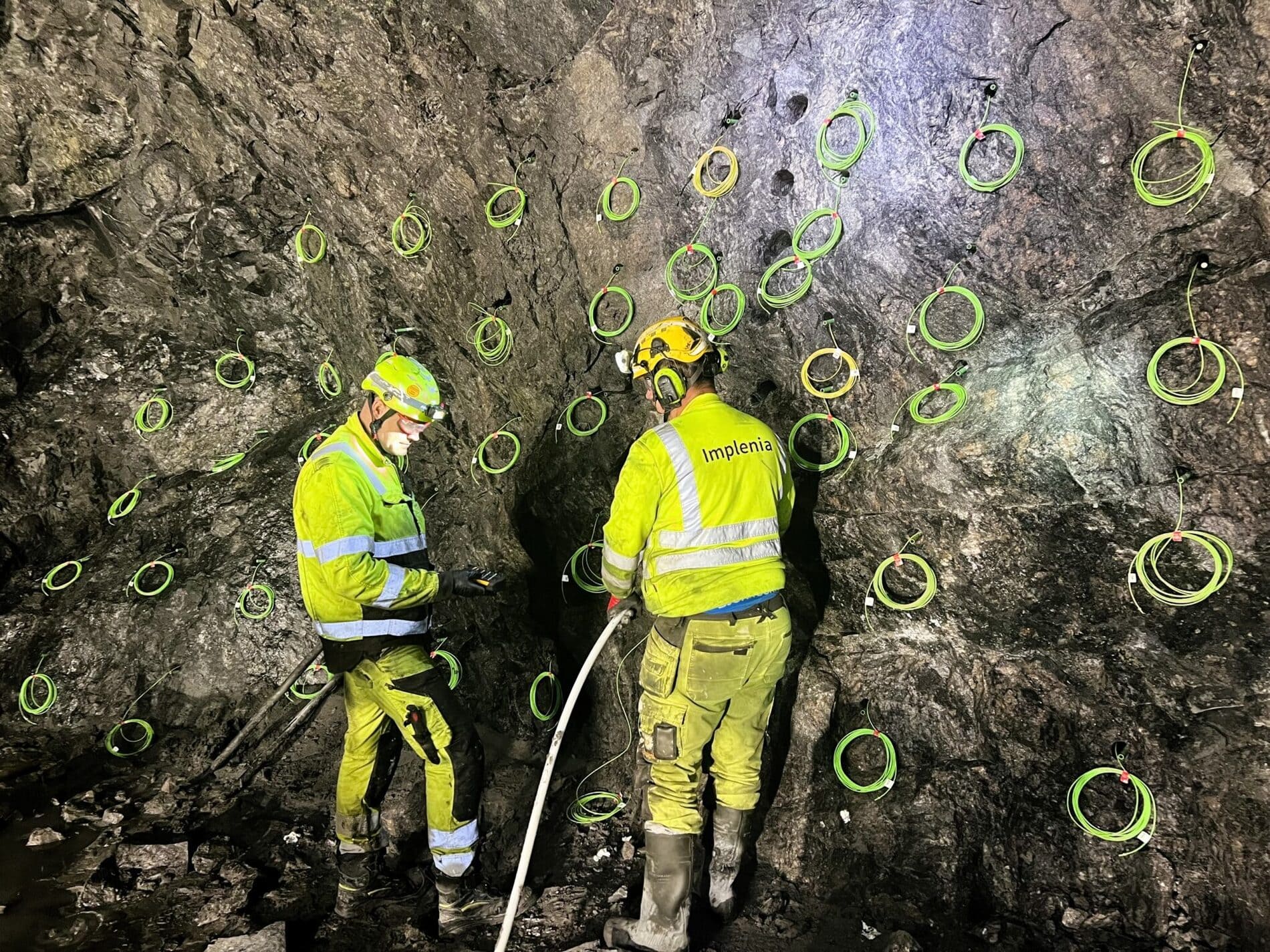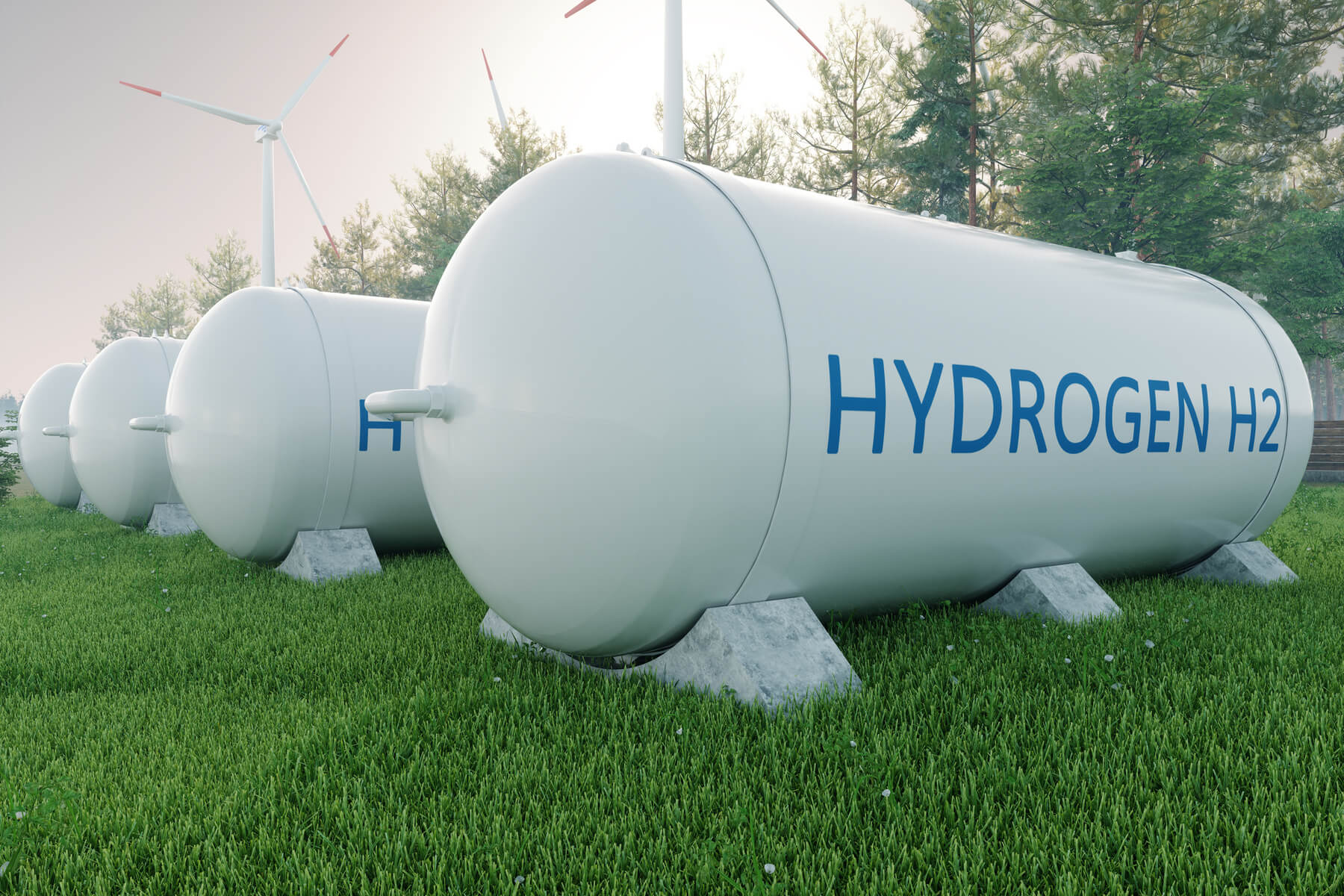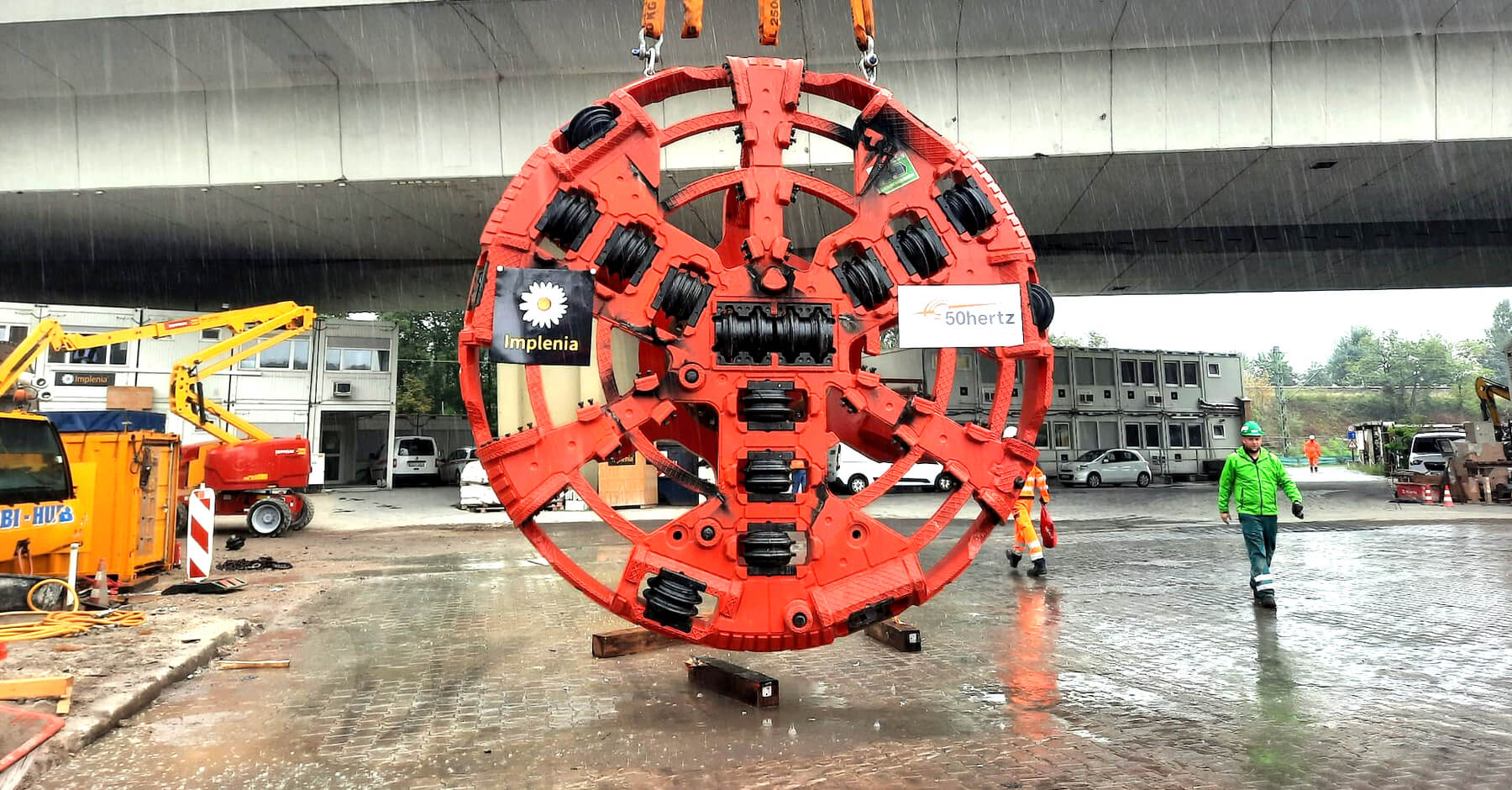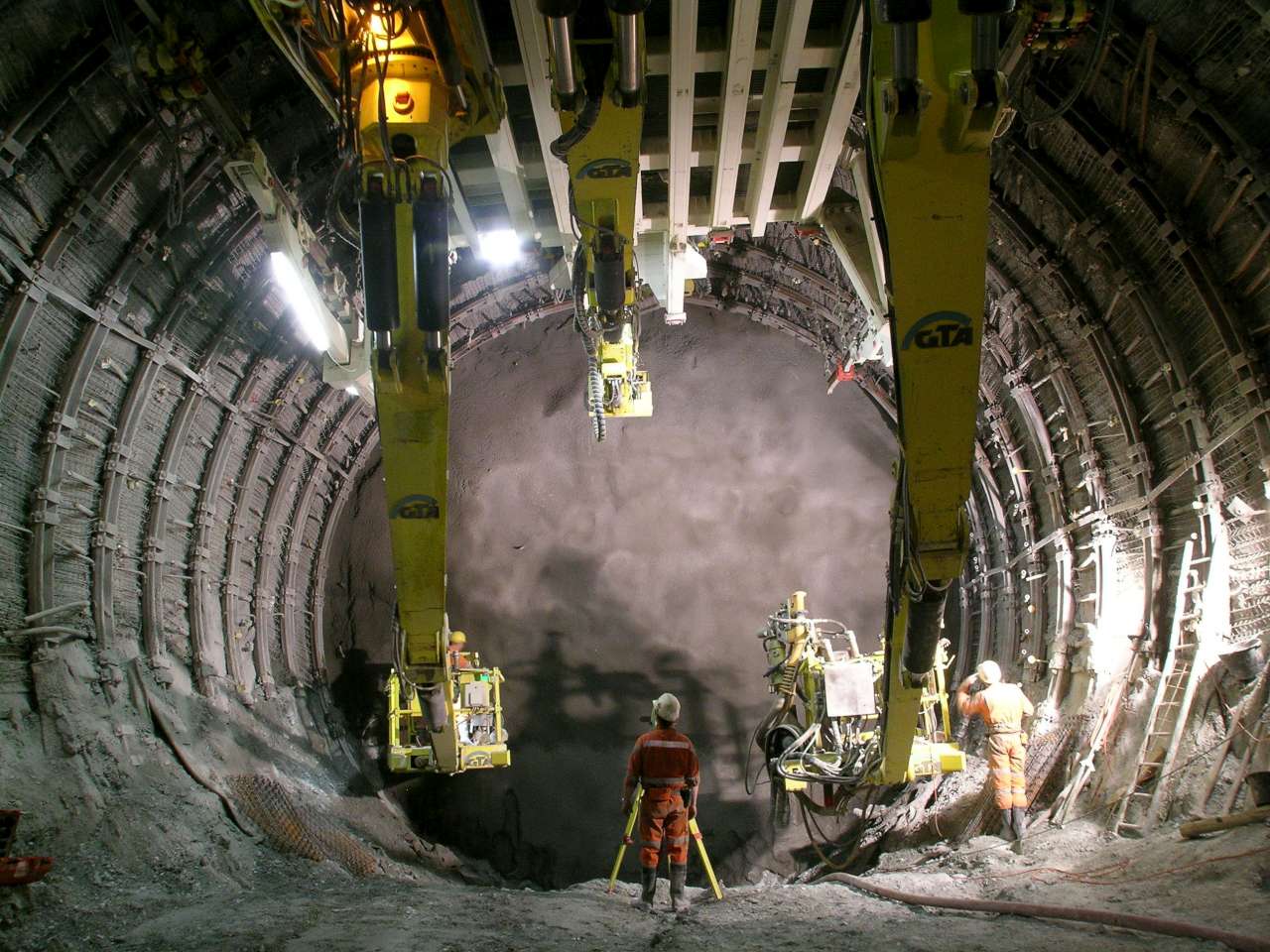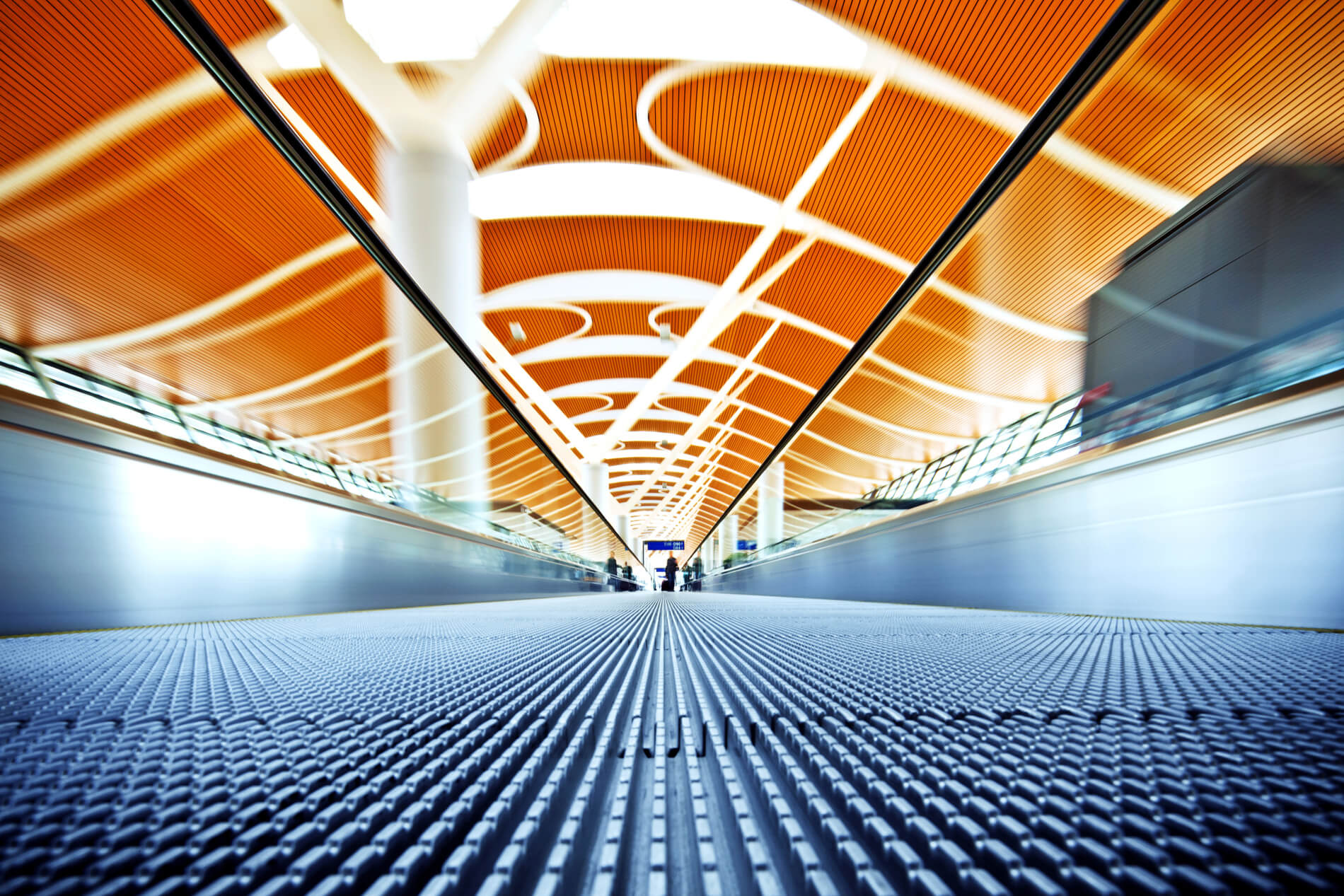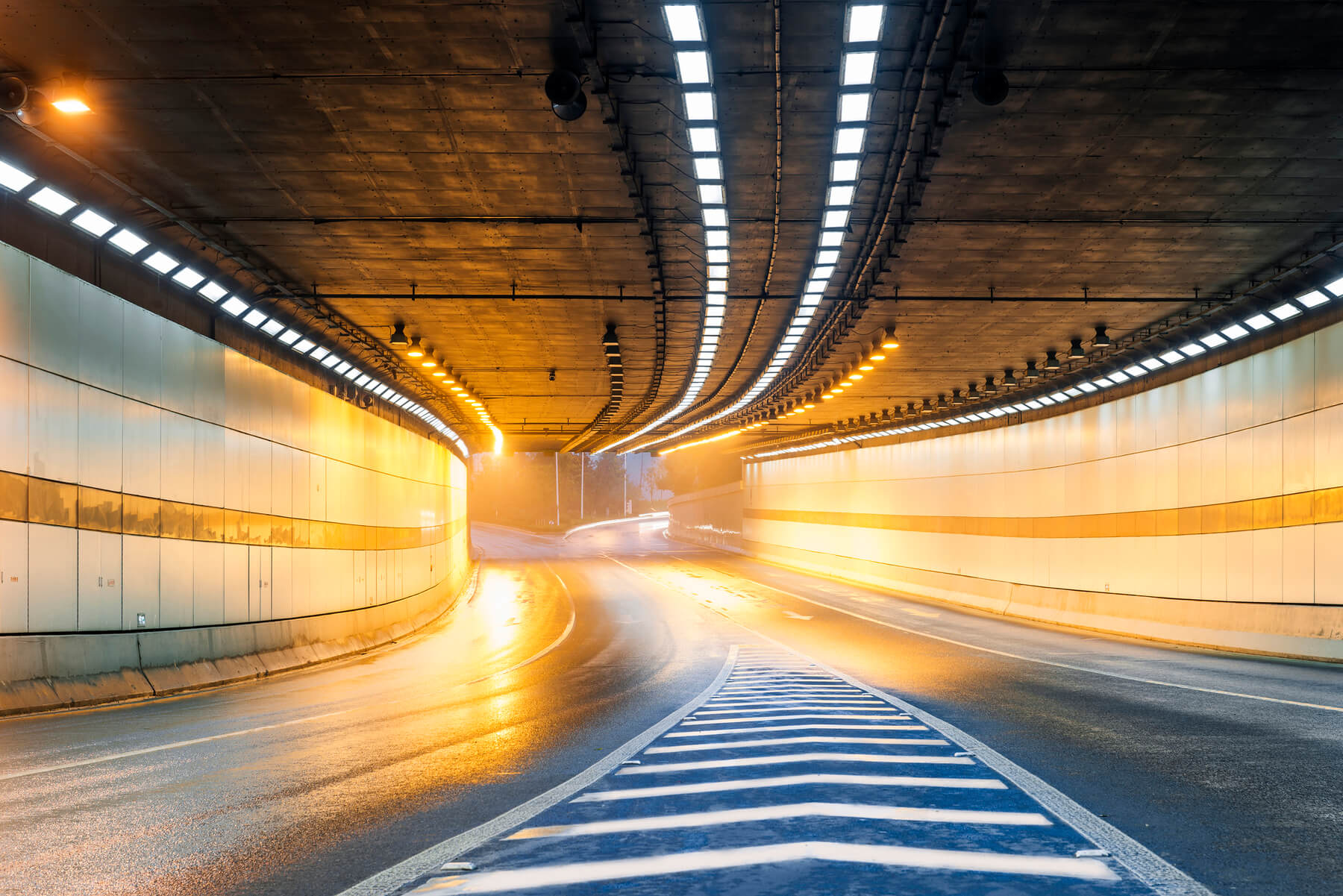
Complex underground projects
How can the construction industry cope with the increasing complexity of tunnelling projects?
When we discuss visions for tunneling and underground spaces, it's not just about revolutionary ideas, but also about implementation. In the construction of large tunneling projects, the planning and award phases are becoming increasingly time-consuming and costly. How can the construction industry counter the increasing complexity? We shed light on four aspects.
Become part of our VISION UNDERGROUND Community!
Subscribe to newsletter
Aspects of complexity in tunneling projects
1. Process efficiency and organization

Planning, tendering and award phases of tunneling projects are becoming more time-consuming and cost-intensive for the construction industry. It is not uncommon for initial planning steps to take place decades before actual execution. Surveys in the construction industry confirm that this development is tending to increase. To meet this challenge, efficient processes and state-of-the-art organizational forms are needed.

2. Expertise in tunnel construction
In order to minimize risks during the construction of complex underground projects, the expertise of tunneling companies plays a central role. The clients benefit from the knowledge of the companies involved from projects already completed, both during planning and execution. In alpine regions, for example, geological knowledge from previous projects (e.g., measures and designs in fault zones) is a decisive factor in whether the tunneling companies can meet the time and budget ratios specified in the planning.

3. Human factor
There is a tendency to increasingly involve different fields of expertise in the planning and construction of underground space. The traditional construction-related tripartite division into client, planners and construction experts will be supplemented in the future by urban planners, traffic planners, environmental protection associations, etc. Cooperative working models between client and contractor across all project phases are the future of underground construction.

4. Dealing with risks
Standardized risk processes are a must for every company involved in a tunnel project. Tunneling companies, such as Implenia, benefit from the knowledge they have acquired over decades when assessing and handling risks in tunneling and underground construction. Primarily, two risk categories are distinguished: process risks and geological, planning and construction risks.

Subscribe to newsletter
Get thought-provoking, in-depth information now.
Subscribe to our newsletter and become part of our VISION UNDERGROUND community!
Subscribe to newsletter
Specifically: Brenner Base Tunnel - a superlative crossing of the Alps

The Brenner Base Tunnel is the world's longest underground rail link for passenger and freight traffic. Working in partnership, Implenia is mastering challenges such as tight construction schedules and demanding logistics.

